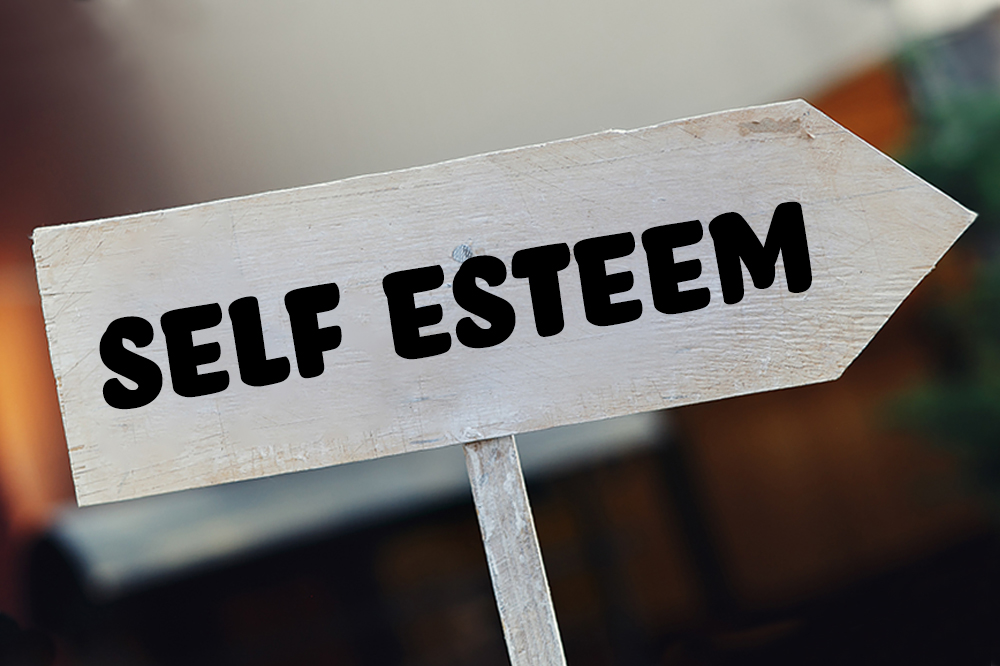Women and Self Esteem
An individual’s self-esteem begins to form from day one, built one message at a time not only by our parents and family, but also from unspoken and blatant cultural imprints. From movies to magazines, women are inundated with countless messages that define their worth and beauty by their youth, looks, what brands they wear and who they are dating. Ubiquitous, these societal measurements of value seep into the fabric of our unconscious.
On top of these messages, girls hear and get attention early on by parents and strangers that they are “cute” for how they look rather than what they are interested in. To their credit, it is hard when seeing a little girl to not comment on how cute or pretty they are, after all; girls of all shapes and sizes are beautiful. These statements are not bad in and of themselves; it is just that we forget to also value girls for just being themselves. That who they are, their interests, their looks, their moods, their just being-ness is good enough. Many of us had parents that rarely gave positive statements of our self-worth or had parents who knew how to tap into unconditional love and acceptance.
Along with these cultural and parental messages, research has shown that females are hardwired to pick up on the negative cues from the environment. According to Dr. Louann Brizendine, a neuropsychiatrist at the University of California, there is a part of the brain assigned to negative thinking and it is actually larger in women. It is also the same part of the brain responsible for observing emotions in others and is needed to pick up the cues of a non-verbal infant. It is positive that we are more sensitive to the emotions of infants; after all, it keeps babies alive. At the same time, we also pick up on the social interactions from others that say we have done something wrong, are too fat, ugly, or any judgments that we are not good enough.
As adults, these judgments from our parents and society often become the critical voice in our head telling us we don’t measure up. If you notice this voice still playing an active part in your life, belittling your self-esteem or sense of worth, it is time to challenge these messages and take an active part in reprogramming or parenting your inner child.
A great activity to start this process is to take out old childhood photos of yourself and notice the emotions and expressions you were going through. Start by validating the expressions like, “I notice you are sad and angry because you are wanting something…it is ok to feel sad and angry, I love you and care about you.” Or, ” I notice how happy you are, you are so loved and worthy of respect and love.” The idea is to really validate and love your child self, and to take those new messages with you as an adult.
If you can relate to this article and find this activity bringing up emotional content, you may need the support of a caring professional to help you navigate these old messages and to increase your confidence and self-esteem.
To hear about workshops or therapy groups for women and self-esteem please contact Stephanie De La Torre, LMFT at: 818-623-6625 or https://stephaniedelatorre.com/contact.aspx

